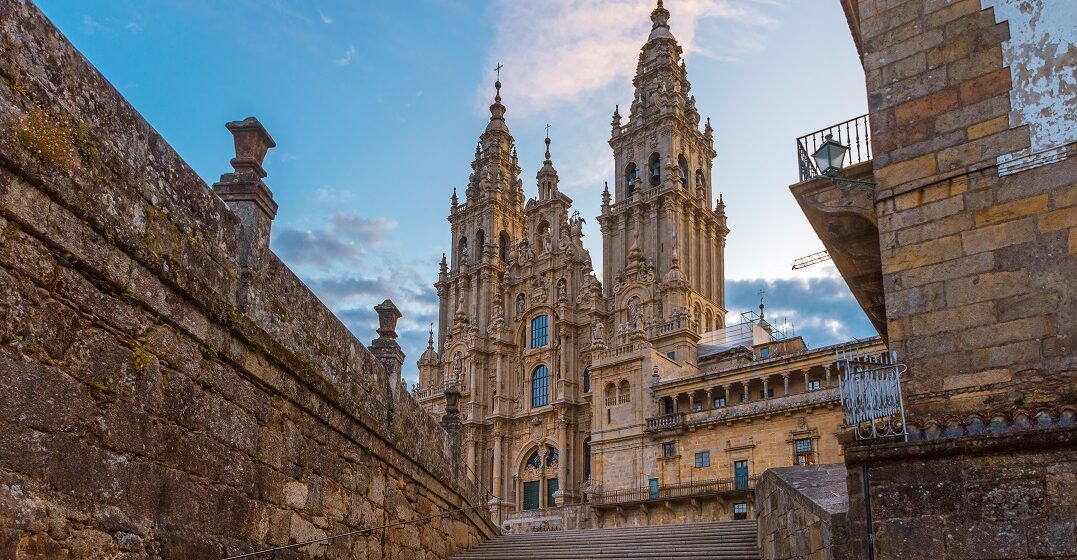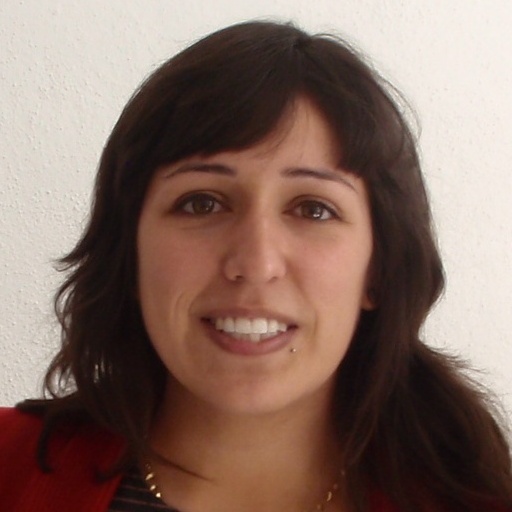Galician vs. Spanish: Differences and similarities

In Spain, there are three officially recognized languages in addition to Spanish. They are Basque, Catalan and Galego (Galician language). These languages are spoken by autonomous communities in Spain.
We’ve talked about Catalan before, and now we’ll explore the similarities and differences between the Galician language and Spanish. Galego is a Romance language originating from Latin sometime during the ninth century A.D. Since then, it has developed in ways that clearly distinguish it from Spanish and other Romance languages.
Even so, there are many similarities between the Galician language and Spanish, and even Portuguese plays a part. After reading this article, you’ll be saying, “Eu falo un pouco galego” (“I speak a little bit of Galego”) in no time.
- What is the Galician or Galego language and where is it spoken?
- What is the Spanish language and where is it spoken?
- Galician vs. Spanish: Differences
- Galician vs. Spanish: Similarities
Learn languages at your pace
What is the Galician language and where is it spoken?
Galego – also known as gallego language – is the Galician language spoken in the northwest of Spain in the autonomous community of Galicia. About 2.5 million people speak gallego, approximately 2 million of whom speak it as a first language and use it daily.
Galego is closely related to Portuguese. Until the 14th century, these two languages had a very similar history. Though their development significantly diverged in the subsequent centuries, modern Galego and Portuguese remain mutually intelligible for native speakers.
Both Spanish and Galego are spoken in Galicia. Because Galego is an official language of Spain, it is used in the education system and mass media, as well as in business and public interactions. For the people that live in the region, Galego is the language most often used in daily life. However, as with most regional dialects, younger generations of Galicians are speaking the language less. About 25% of children in Galicia cannot speak Galego — a figure more than double that of the general population (12%).
What is the Spanish language and where is it spoken?
To talk about Galician vs. Spanish language, we need to define Spanish a bit. Spanish is the fourth most spoken language in the world. It first evolved on the Iberian Peninsula and later spread across the world via imperialism and colonialism.
Sometimes, you’ll hear Spanish referred to as “Castilian Spanish.” In the Real Academica Española (RAE), castellano is the language from the Kingdom of Castile in the Middle Ages. Nowadays, we generally think of “Castilian” as Spanish from Spain, whereas “Spanish” includes the Spanish spoken by millions of people across the world.
Galician vs. Spanish: Differences
Let’s take a look at specific differences between the Galician and Spanish languages.
Pronunciation
In the gallego alphabet, there is no j (jota), k (ka), w (doble u) or y (i griega). You’ll see different spelling as well as distinctions between Galician vs. Spanish pronunciation.
| Galego | Spanish | English |
| xogo /SHO go/ | juego /hu WAY go/ | game |
| orella /ORE dja/ | oreja /or REY ha/ | ear |
| ollo /O djo/ | ojo /OH ho/ | eye |
Vocabulary
There are also plenty of words in Galego that are very different from their counterparts in Spanish.
| Galego | Spanish | English |
| falar | hablar | to speak |
| vasoira | escoba | broom |
| panxoliña | villancico | Christmas carol (song) |
Learn languages at your pace
Grammar
One key difference between Galician and Spanish languages is the grammar involving personal pronouns. The words are mutually intelligible, but they are spelled and pronounced differently.
| Galego | Spanish | English |
| eu | yo | I |
| ti | tú | you |
| ela/el | ella/el | she/he |
| nós | nosotros | we |
| vós | vosotros/ustedes | you all |
| vostede | usted | you (formal) |
| vostedes | ustedes | you all |
| elas/eles | ellas/ellos | they (feminine/masculine) |
Galician vs. Spanish: Similarities
When it comes to grammar, the Galician and Spanish languages have a lot of similarities. That’s because they’re both Romance languages.
Syntax
The syntax, or word order, follows the same pattern in both languages: subject + verb + object.
| Galego | Spanish | English |
| Ti falas ben. | Tú hablas bien. | You speak well. |
| Ela corre rápido. | Ella corre rápido. | She runs fast. |
Conjugation
Conjugations are often similar when comparing Galician vs. Spanish verb changes.
| Galego | Spanish | English |
| Eu falo galego. | Yo hablo gallego. | I speak Galician. |
| Ela baila soa. | Ella baila sola. | She dances alone. |
| Eles ven a televisión. | Ellos ven la televisión. | They watch TV. |
Galician vs. Spanish: Similar but different
If you’re in the Galician capital of Santiago de Compostela, Galego won’t seem so different from Spanish. But if you venture into the beautiful Galician countryside, Galego speakers will have a stronger accent and sound more distinct from Spanish; maybe closer to Portuguese. They have different vocabulary and pronunciation but remain mutually understandable. Have you ever heard someone speak Galego?













